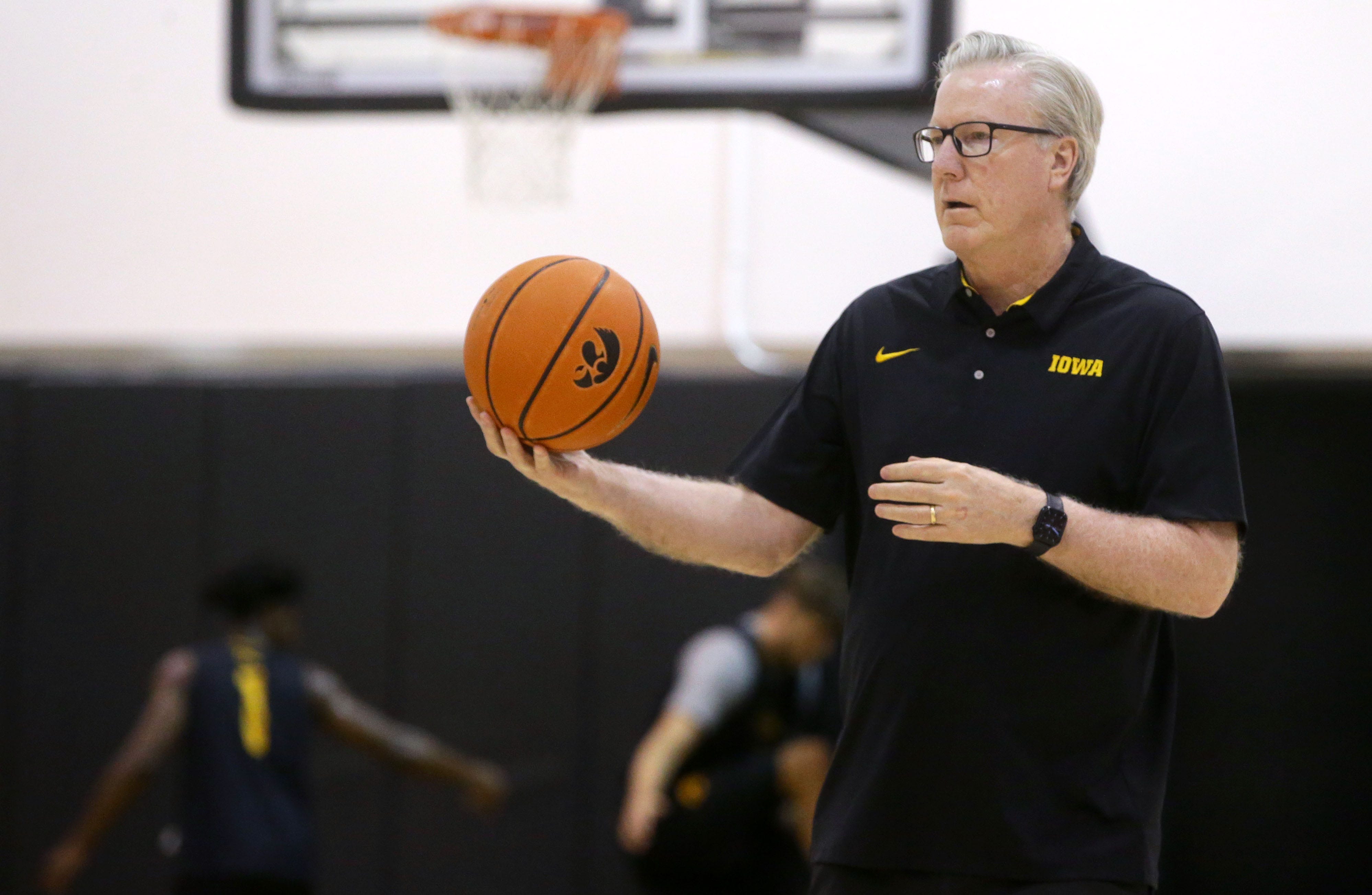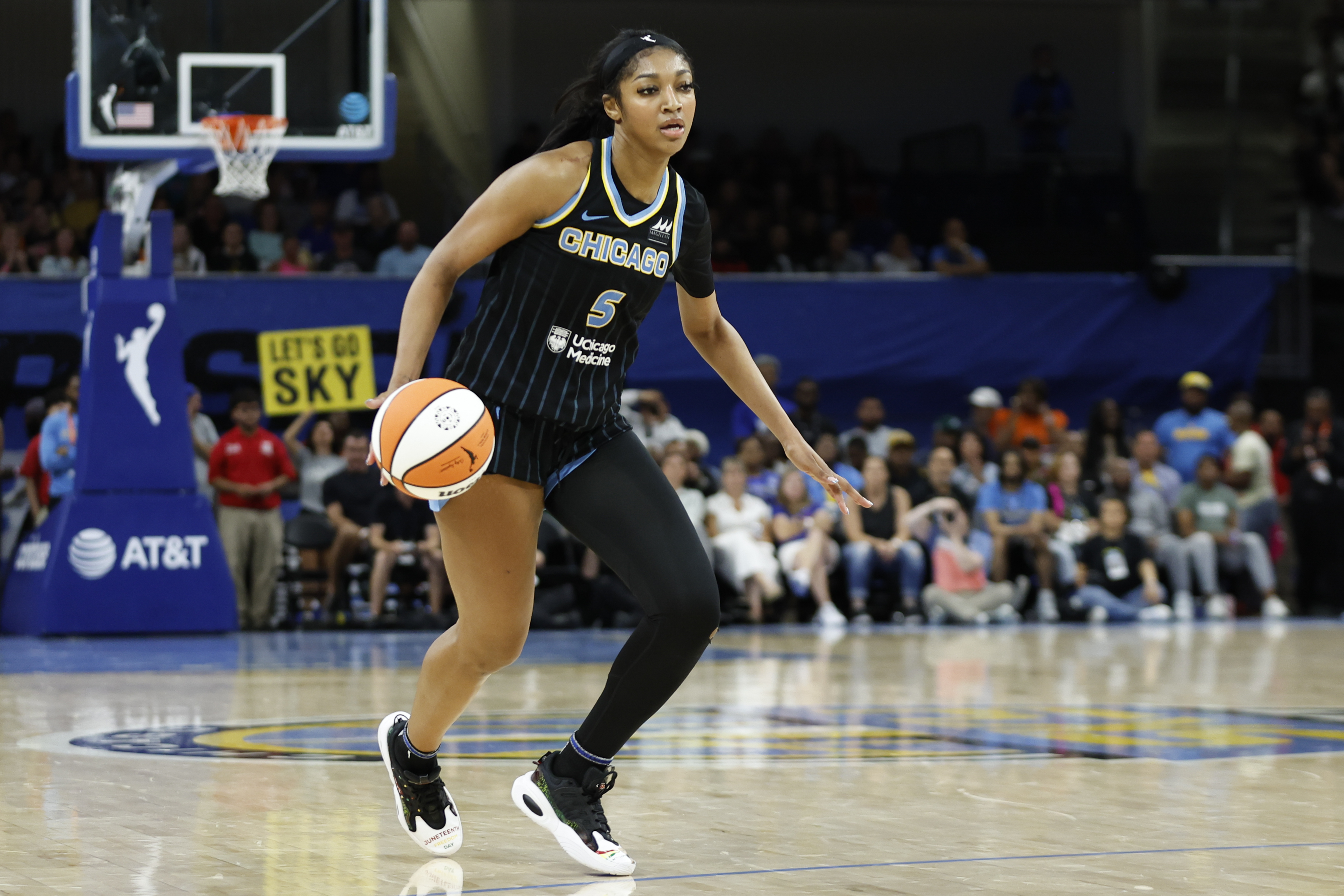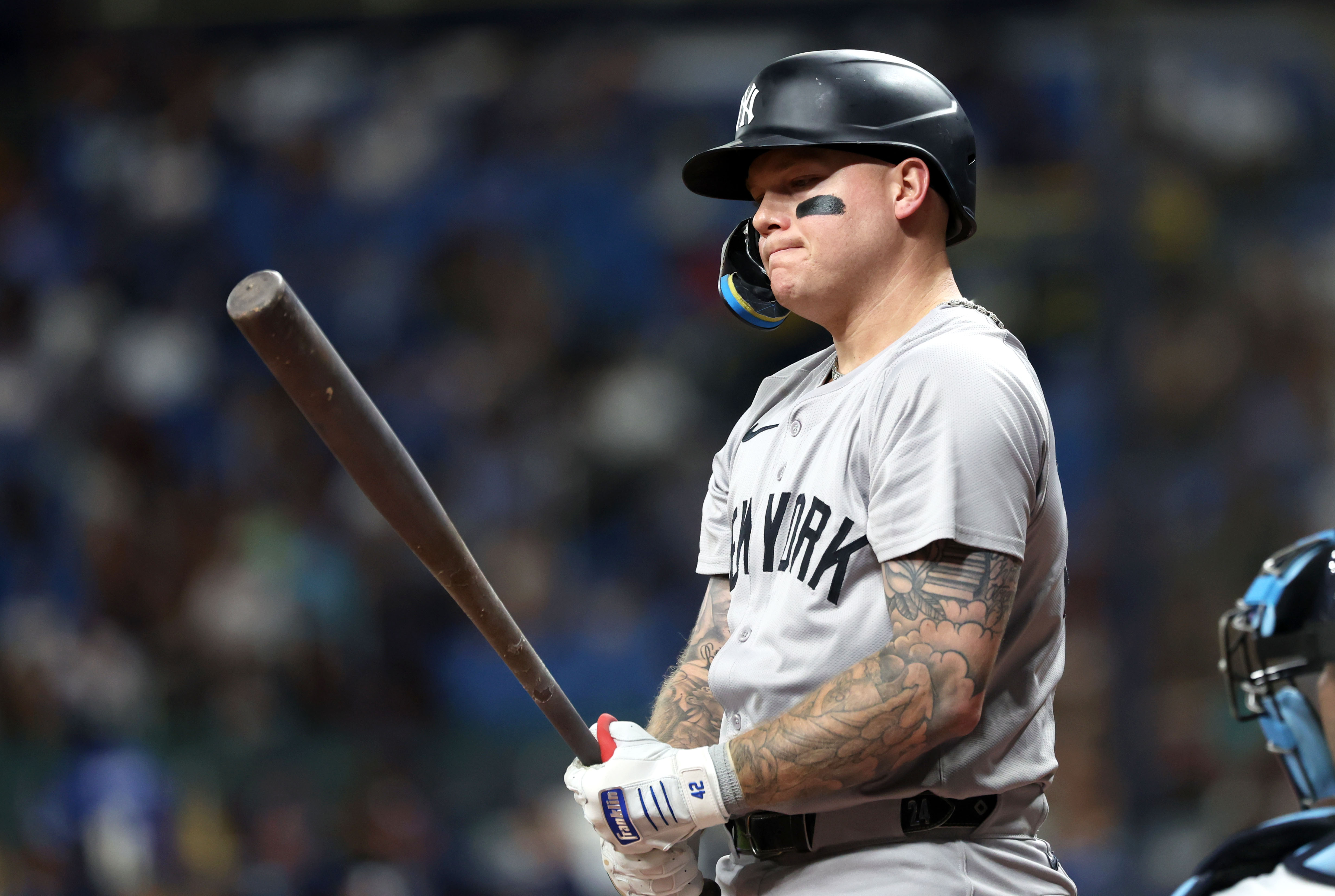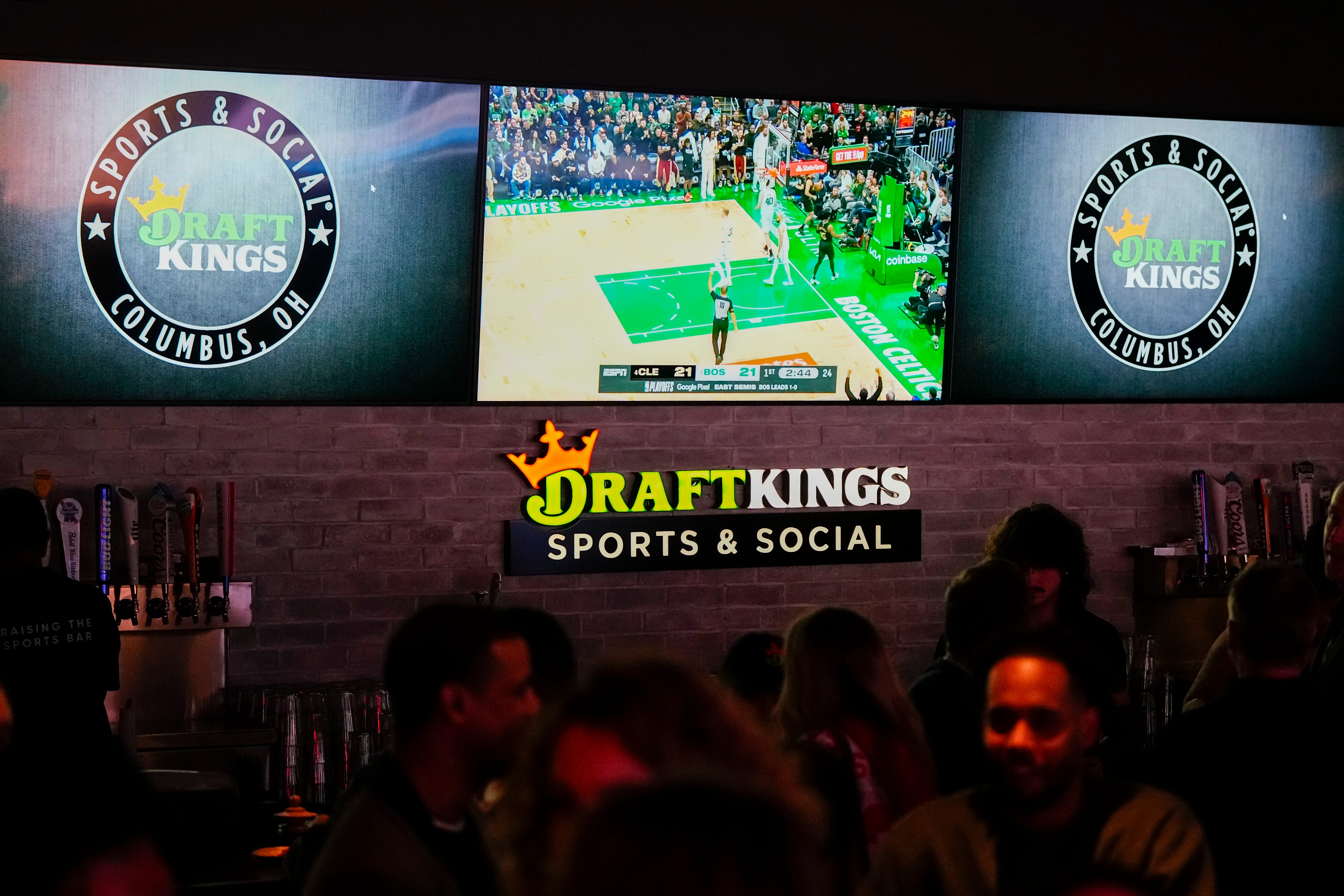Report Delivered to Massachusetts Gaming Commission on the Impact of Gambling Ads
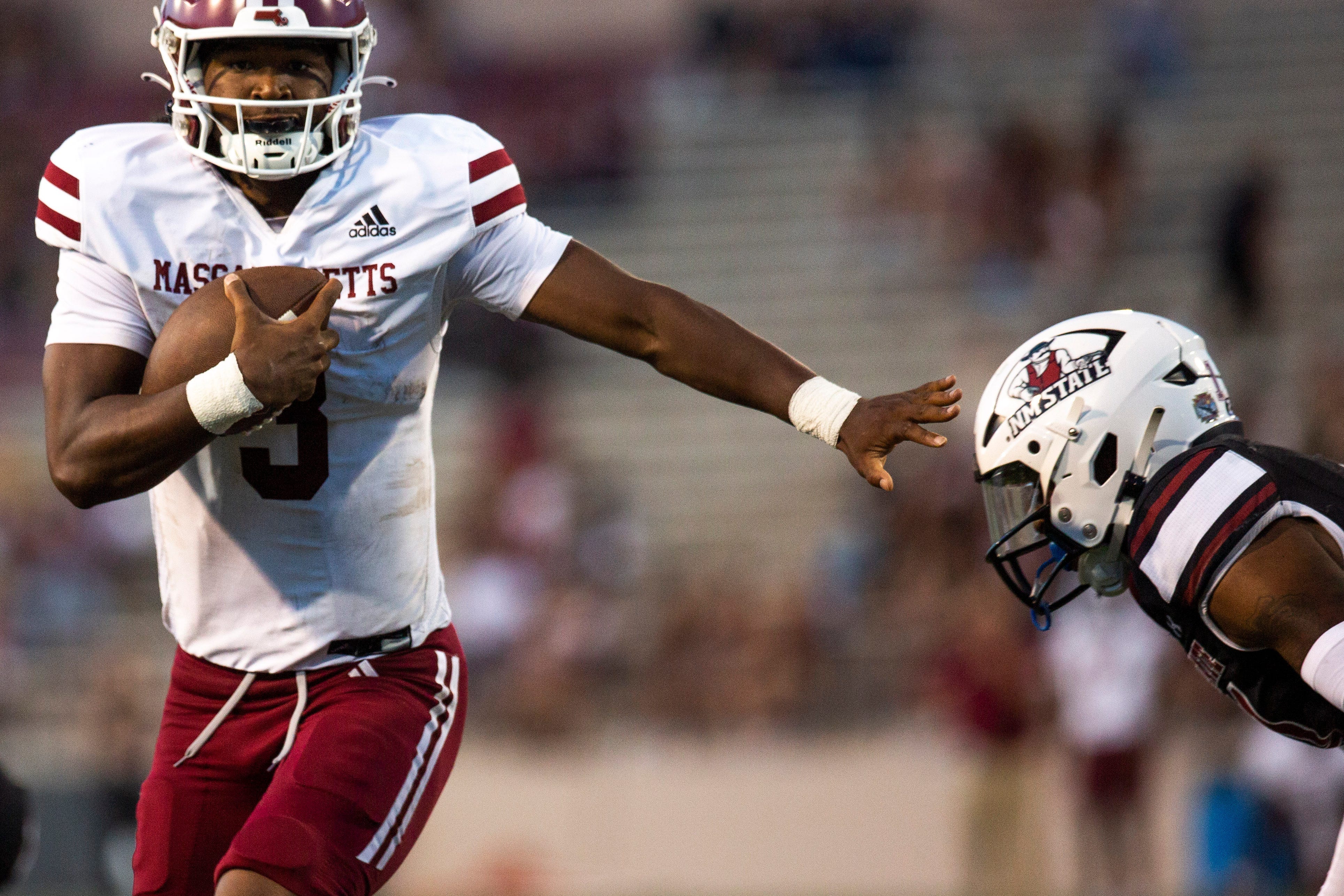
During a recent Massachusetts Gaming Commission meeting, commissioners were presented with a report funded by the School of Public Health and Health Sciences at the University of Massachusetts Amherst (SEIGMA) that discussed the effects of advertisements from top sports betting sites on players.
The report was intended to provide commissioners with an overview of the current gambling market and its effects on younger and problem gamblers. It also offered suggestions for enhancing gambling advertising by the top sports betting apps moving forward.
Recommendations from the report
During her testimony, researcher Rachel Volberg pointed out that advertising tends to focus on the benefits of using a product while minimizing any potential risks. She noted that the overwhelming majority of advertising promotes positive experiences, overshadowing any information about potential dangers or available resources for help.
Volberg proposed restricting the advertising of higher-risk games, curbing the promotion of gaming for charitable purposes, and eliminating commercials that emphasize the immediacy of claiming top sportsbook promotions. She also recommended limiting celebrity endorsements and implementing stricter monitoring of advertising on social media platforms.
The process of building the report
The research gathered information from extensive literature reviews, gambling data, and online panel surveys conducted over multiple years. These panels encouraged residents to enroll and provide voluntary feedback on their gambling behaviors.
Volberg pointed out that the results were skewed due to the higher participation of frequent gamblers rather than a random sample of Massachusetts residents. Despite this bias, she stated that these biases could actually be considered a positive aspect of the surveys.
During panels held in 2014, 2026, and 2026, problem gamblers reported that the large volume of gambling advertising led to an increase in their gambling habits. Additionally, participants mentioned that news coverage on gambling, communication from casino associations, and targeted promotions also contributed to their heightened gambling behavior.
The Massachusetts Gaming Commission is reviewing gambling advertising practices following a report that showed a decrease in sports betting revenue in May compared to the previous year.




